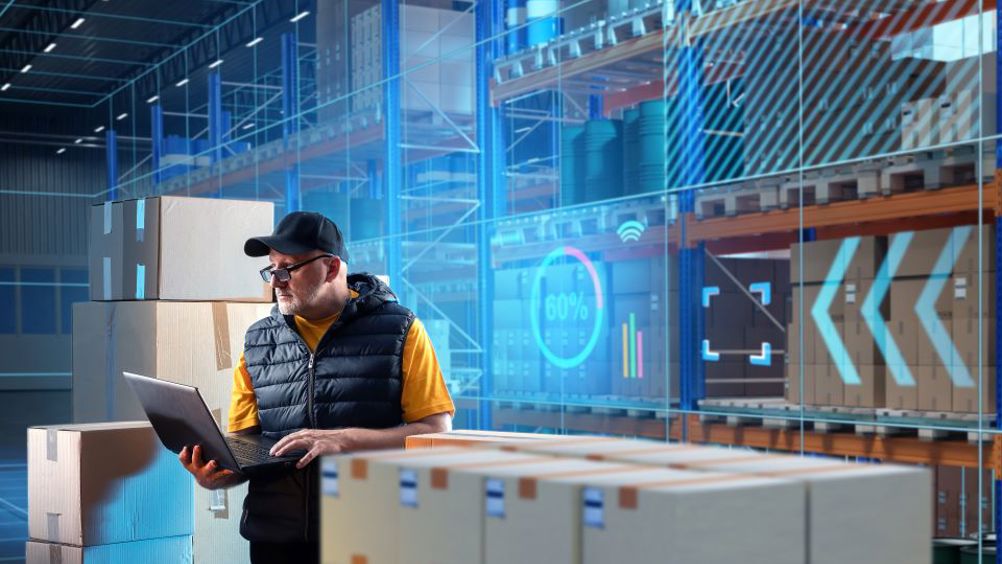The “Future Factories powered by AI” report in collaboration with Autodesk examines the opportunities and challenges for UK manufacturers and suggests how government initiatives and regulation can support the adoption of new technologies.
AI is being deployed in several areas of manufacturing, from predictive maintenance to supply chain optimization. The most important benefits cited by manufacturers include increased efficiency (69 percent), improved productivity (61 percent) and automation of routine tasks (46 percent).
The report also shows that a quarter of companies are using AI as part of decarbonization efforts. Of these, 93 percent use it to optimize energy consumption, 64 percent to reduce waste and emissions and 57 percent to improve resource efficiency. Looking ahead, businesses are expected to see further progress in these areas, with 75% planning to increase their AI investments in the coming year.
MORE ARTIFICIAL INTELLIGENCE
In a statement, Nina Gryf, head of digitalization at Make UK, said: “AI and automation are driving dramatic changes in the acceleration of manufacturing processes and elsewhere in businesses. Their potential to drive economic growth and reshape industries is becoming increasingly evident, and the manufacturing sector and its factories of the future have a central role to play. However, as the adoption of these technologies increases, the UK needs a step change in the use of automation, otherwise it risks missing out on essential transformative productivity gains.
Despite increased adoption, only 16 percent of businesses say they are aware of the potential uses of AI, and the lack of understanding and confidence in AI applications means only 36 percent of businesses use it in their operations manufacturing.
The report also shows that large enterprises are twice as likely as SMEs to apply AI (71 percent and 28 percent respectively), with barriers to adoption including a lack of knowledge on how to ‘apply AI and limited access to technical and digital technologies. SKILLS.
Additionally, although adoption of AI across business functions is increasing, the report shows that the use of other digital tools, such as robotics, remains low. In total, 16 percent are using them, with 29 percent not considering using them and 38 percent considering using them.
Srinath Jonnalagadda, vice president of industry strategy for design and manufacturing at Autodesk, said: “Leveraging new technologies is not a one-time investment or a silver bullet for change. This requires a mindset shift and an iterative approach over time, particularly in the transition to future digital factories.
“A continued and concerted effort will be required to achieve industry transformation and a workforce with the skills and capabilities required to take advantage of new technologies, enabling UK industry to become a leader world leader in AI-driven innovation, setting the new standard in manufacturing. Excellency.”
The survey of 151 companies was carried out in August 2024.


